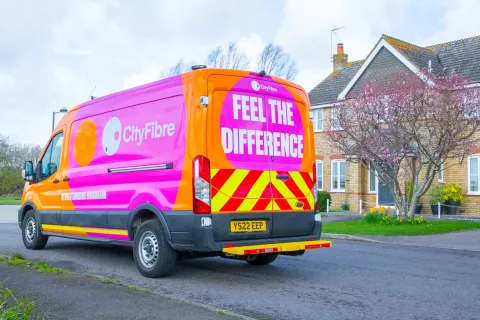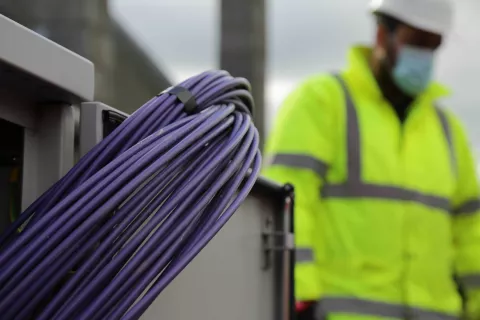
City communications
Bracknell becomes one of UK's best connected towns as CityFibre's primary-build completes
4 February 2025
Regular readers will know that, as an Internet Service Provider (ISP), our preference is to be - as The Electronic Commerce (EC Directive) Regulations 2002 call it - a “mere conduit” whose role is to move bits of data, rather than being a policeman of them. An unlikely ally for this view is the forthcoming General Data Protection Regulation, which includes provisions for all of us to actively minimise the amount of personal data we hold, hence reducing the risk of data loss. The Investigatory Powers Act 2016 would have ISPs do the precise opposite however, and retain data about users. Pressure group Liberty were recently granted leave to challenge this controversial legislation in the High Court.
 Paul Heritage-Redpath, Product Manager[/caption]
Regular readers will know that, as an Internet Service Provider (ISP), our preference is to be - as The Electronic Commerce (EC Directive) Regulations 2002 call it - a 'mere conduit' whose role is to move bits of data, rather than being a policeman of them. An unlikely ally for this view is the forthcoming General Data Protection Regulation, which includes provisions for all of us to actively minimise the amount of personal data we hold, hence reducing the risk of data loss.
The Investigatory Powers Act 2016 would have ISPs do the precise opposite however, and retain data about users. Pressure group Liberty were recently granted leave to challenge this controversial legislation in the High Court.
Paul Heritage-Redpath, Product Manager[/caption]
Regular readers will know that, as an Internet Service Provider (ISP), our preference is to be - as The Electronic Commerce (EC Directive) Regulations 2002 call it - a 'mere conduit' whose role is to move bits of data, rather than being a policeman of them. An unlikely ally for this view is the forthcoming General Data Protection Regulation, which includes provisions for all of us to actively minimise the amount of personal data we hold, hence reducing the risk of data loss.
The Investigatory Powers Act 2016 would have ISPs do the precise opposite however, and retain data about users. Pressure group Liberty were recently granted leave to challenge this controversial legislation in the High Court.
With network projects in over 60 cities and construction underway to reach up to 8 million homes

City communications
4 February 2025

Project Gigabit
20 January 2025

City communications
20 January 2025